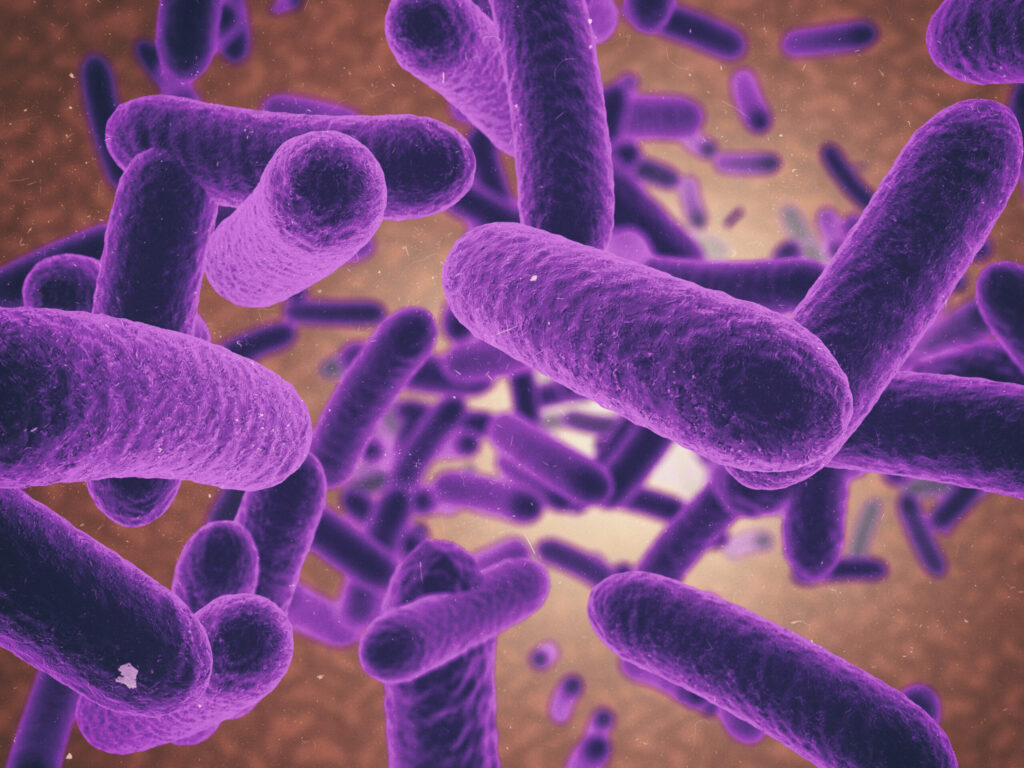
ABSTRACT
In total, 240 one-day–old Japanese quails (Coturnix Coturnix Japonica) allocated at random
to 6 treatments with 4 replicates and 10 birds in each. Treatments used were: 1) Negative control (without
any additives or AFB1); 2) Positive control (basal diet + 2.5 ppm AFB1; 2); 3) TA008 (positive control + 108
cfu/ml Bacillus. megaterium TA008); 4) TA049 (positive control + 108 cfu mL-1 Bacillus. subtilis TA049); 5)
TA010 (positive control+ 108 cfu mL-1 Brevibacillus brevis TA010) and 6) P (positive control + 2.5 g kg-1
Polysorb® in feed). Hatchability and embryonic mortality were significantly influenced by additives and
AFB1 (p < 0.05). Birds fed TA008 improved 12 % hatchability and reduced 10 % embryonic mortality in
compared to positive control (p < 0.05). Weight gain and feed conversion ratio did not affected by
treatments (p > 0.05). Feed intake was significantly improved in birds feeding by TA008 at 0-21 days (p <
0.05). There were significant differences on relative weights of carcass, gizzard and proventriculus among
treatments (p < 0.05). Serum total protein, albumin, cholesterol, glucose, HDL, globulin and uric acid were
significantly affected by treatments (p < 0.05). These results showed that the inclusion of bacillus
megaterium as potential probiotic into contaminated diets could improve the adverse effects of AFB1 in
Japanese quails.
Keywords: Bacillus. sp.; Aflatoxin B1; japanese quail; hatchability; productive performance.